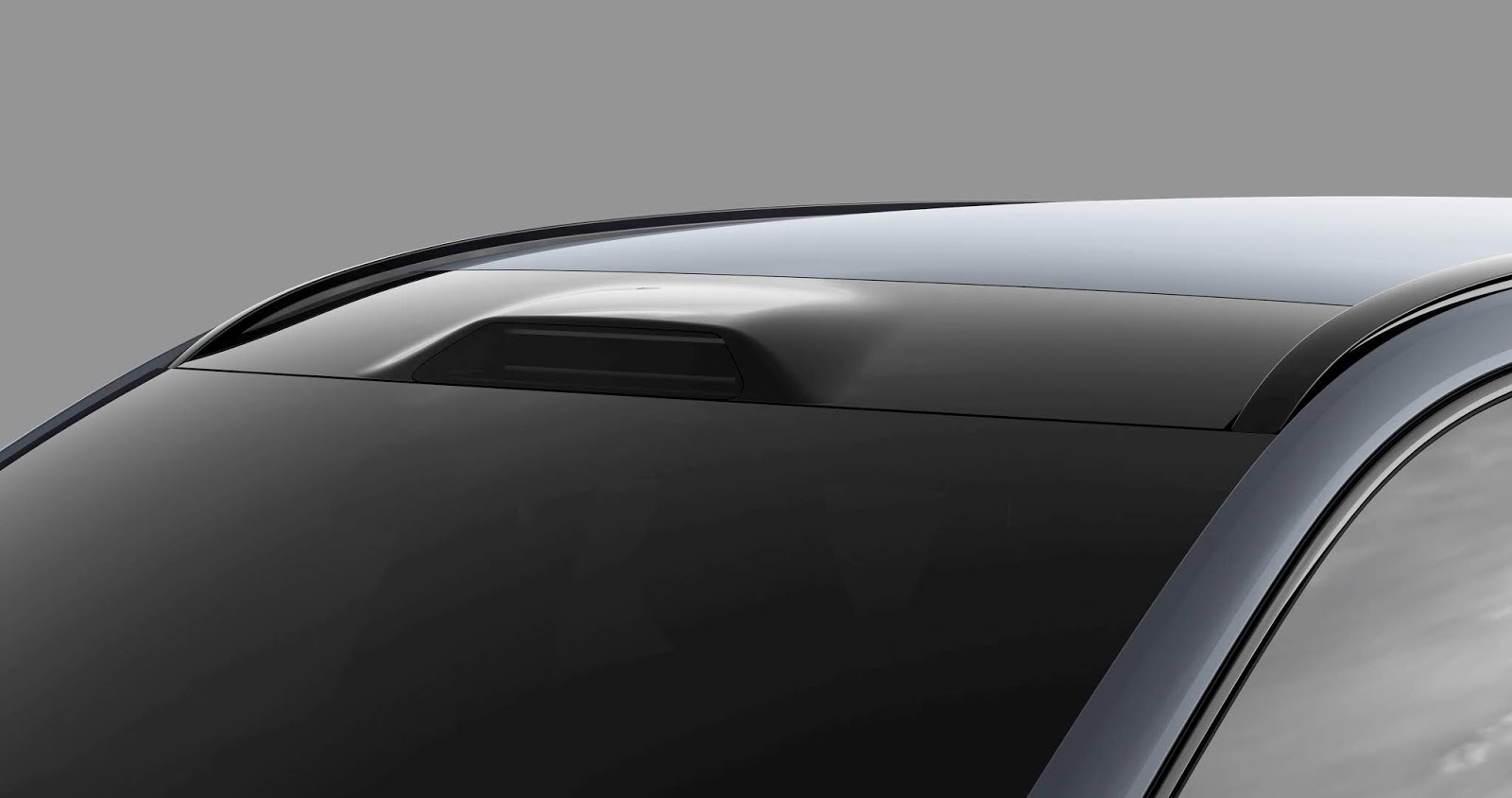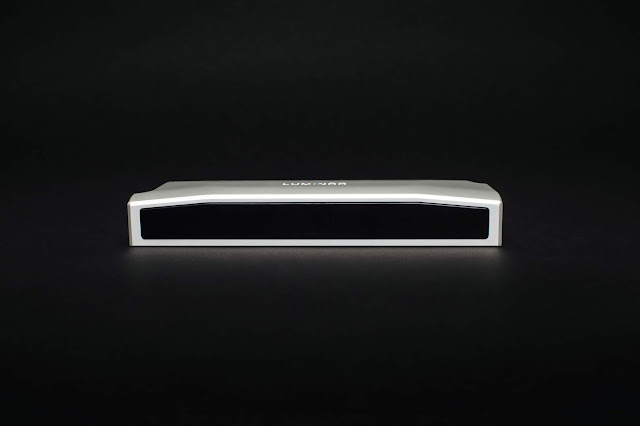- General
- May 6, 2020
- 5 minutes read
Volvo Aims To Sell Lidar-Equipped Consumer Cars
A depiction of a Luminar lidar sensor equipped on a vehicle. Photo credit: Volvo Swedish automaker Volvo has announced a…
 |
| A depiction of a Luminar lidar sensor equipped on a vehicle.
Photo credit: Volvo
|
Swedish automaker Volvo has announced a partnership with lidar startup Luminar that entails equipping its consumer cars with lidar sensors manufactured by Luminar. Volvo says that Luminar’s lidars will be equipped on some of its production cars beginning 2022, the lidars being there to cater to automated driving. Volvo seems to be the first automaker to consider equipping its consumer-targeted cars with lidar sensors as most automakers happen to be aiming at operating autonomous fleets by themselves. Volvo picking Luminar for such a task isn’t surprising as it’s already an investor in the lidar startup.
 |
| The Luminar Iris lidar sensor.
Photo credit: Volvo
|
Luminar’s lidar sensors (depicted above) happen to be more compact compared to those made by other lidar companies. Being flat-like as opposed to circular or rectangular in physique, Luminar’s sensors are more fitting to car designs (people may hardly buy cars with very noticeable lidars spinning atop). However, it’s uncertain if Luminar’s lidars offer the same level of functionality as other traditional lidars. Luminar’s lidar sensors are based on the use of laser light to detect where objects are by scanning an environment in 3D and generating a temporary and real-time map that helps a vehicle navigate the environment. The company’s lidars culminate from the work of a team of engineers working from offices in Palo Alto, California, and Orlando, Florida. Luminar as a company has raised more than $250 million in funding and currently employs more than 350 people.
For the main time, Luminar’s lidar suite wouldn’t be automatically equipped on Volvo vehicles but will be an optional hardware package that customers can pay for. Luminar’s lidar sensors will be combined with cameras, back-up systems, and custom software to enable automated driving. The sensors will be available primarily on cars that’ll be built on the SPA 2, a new modular vehicle architecture developed by Volvo.







